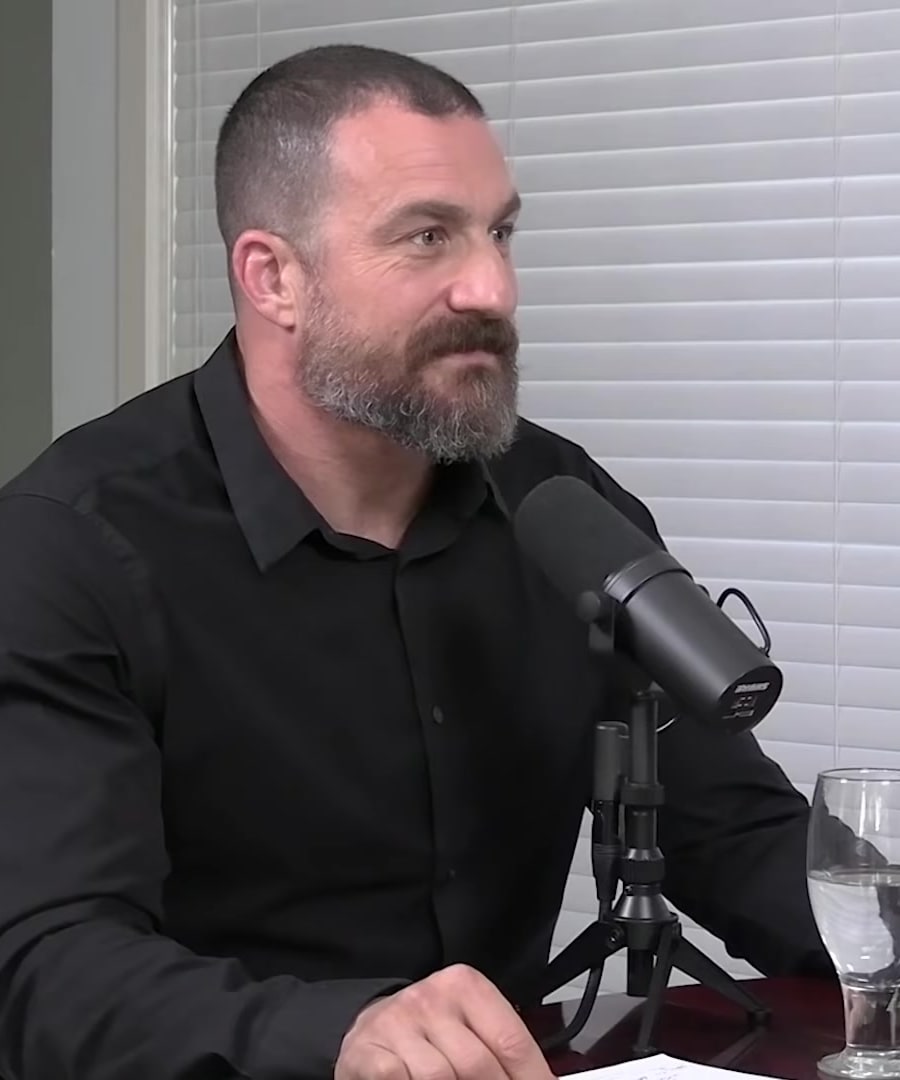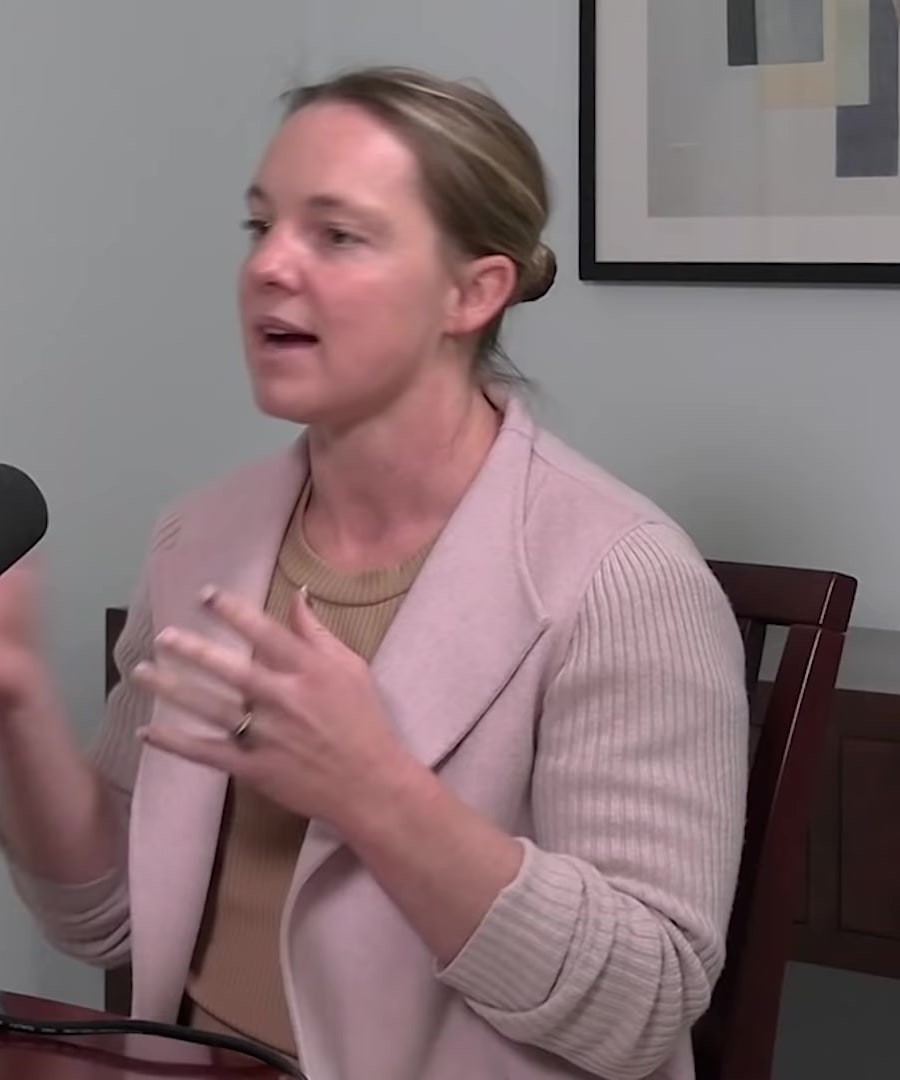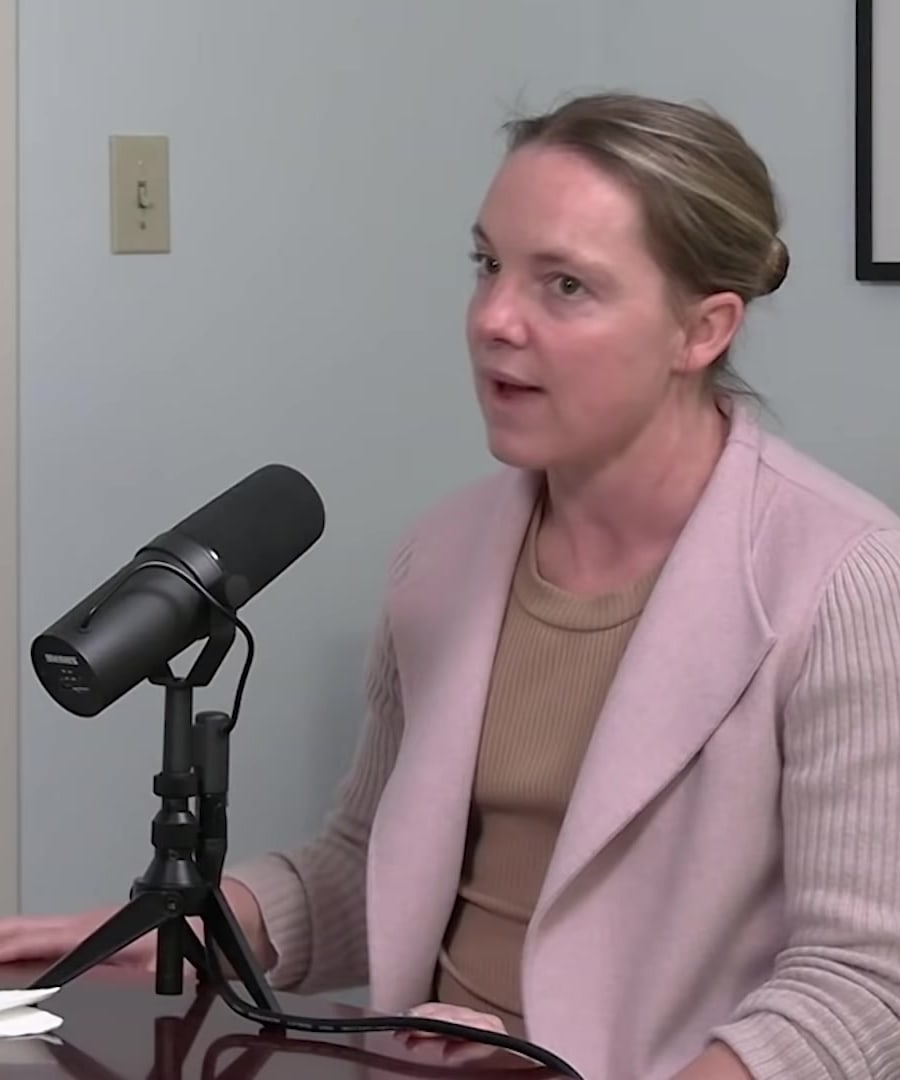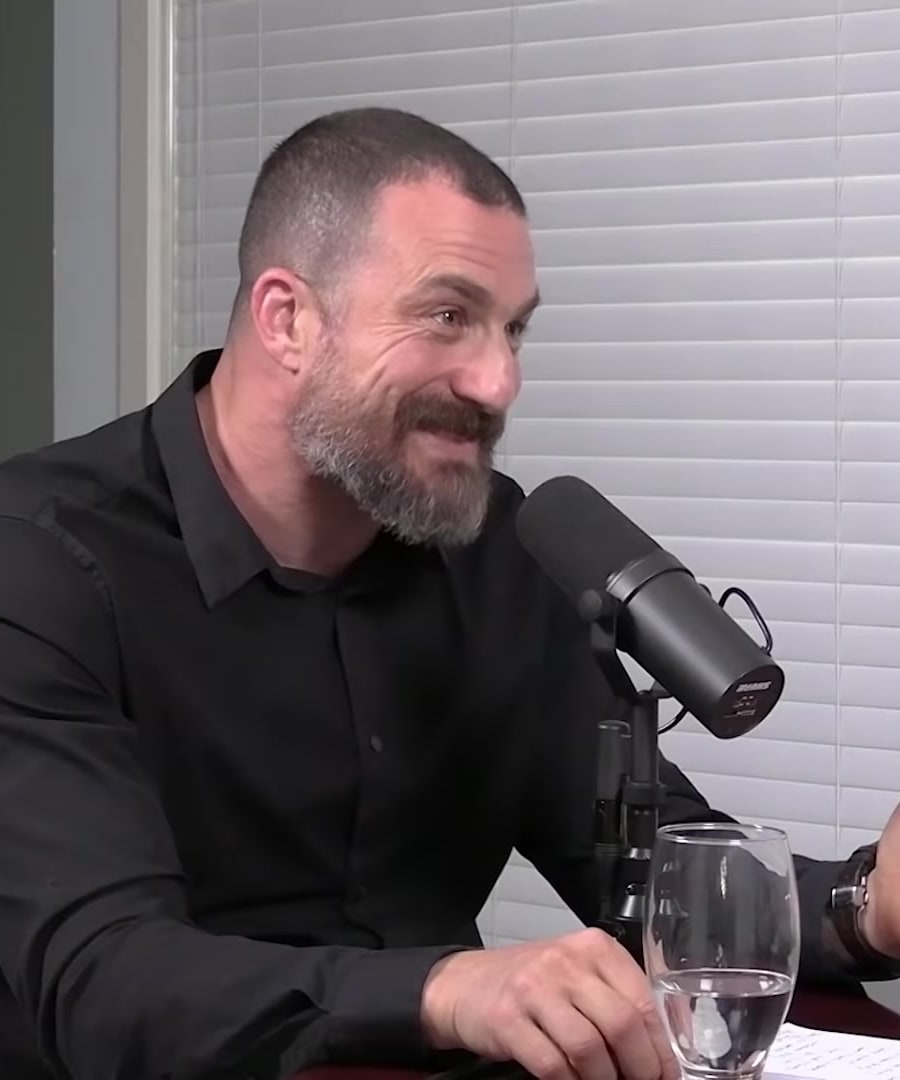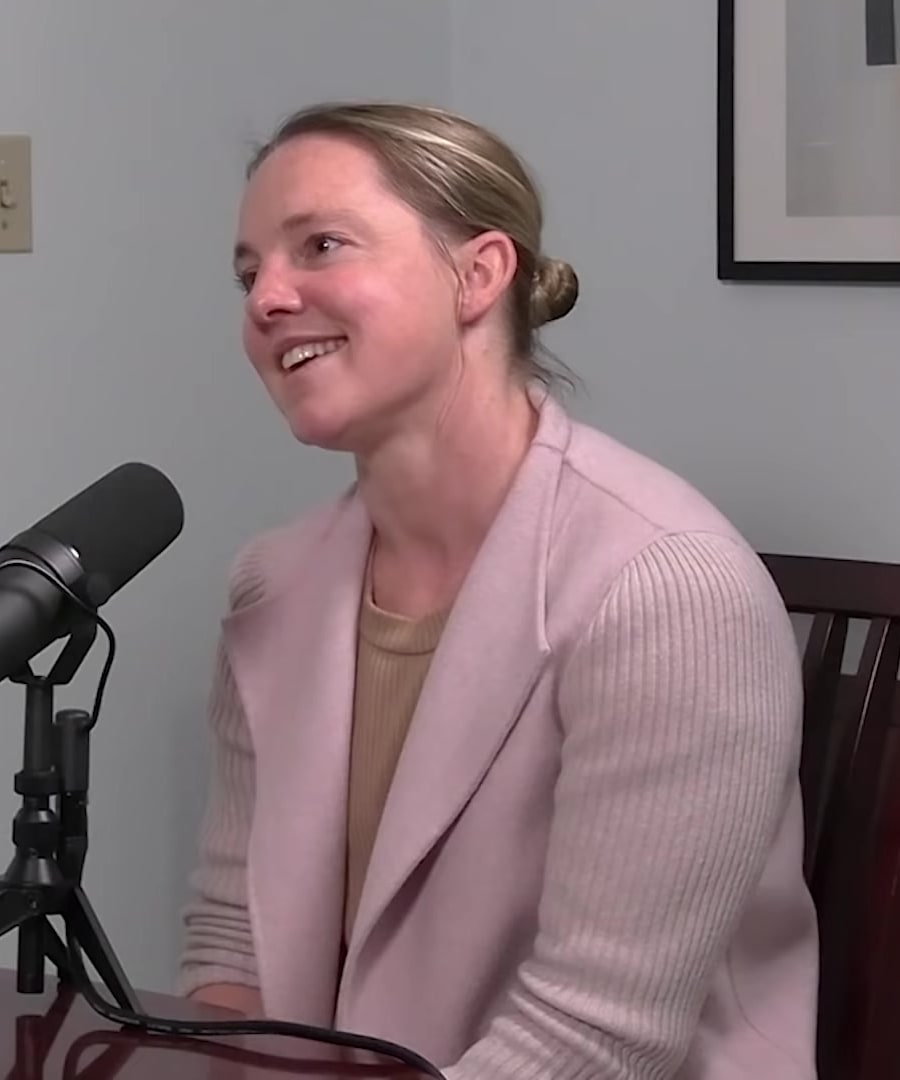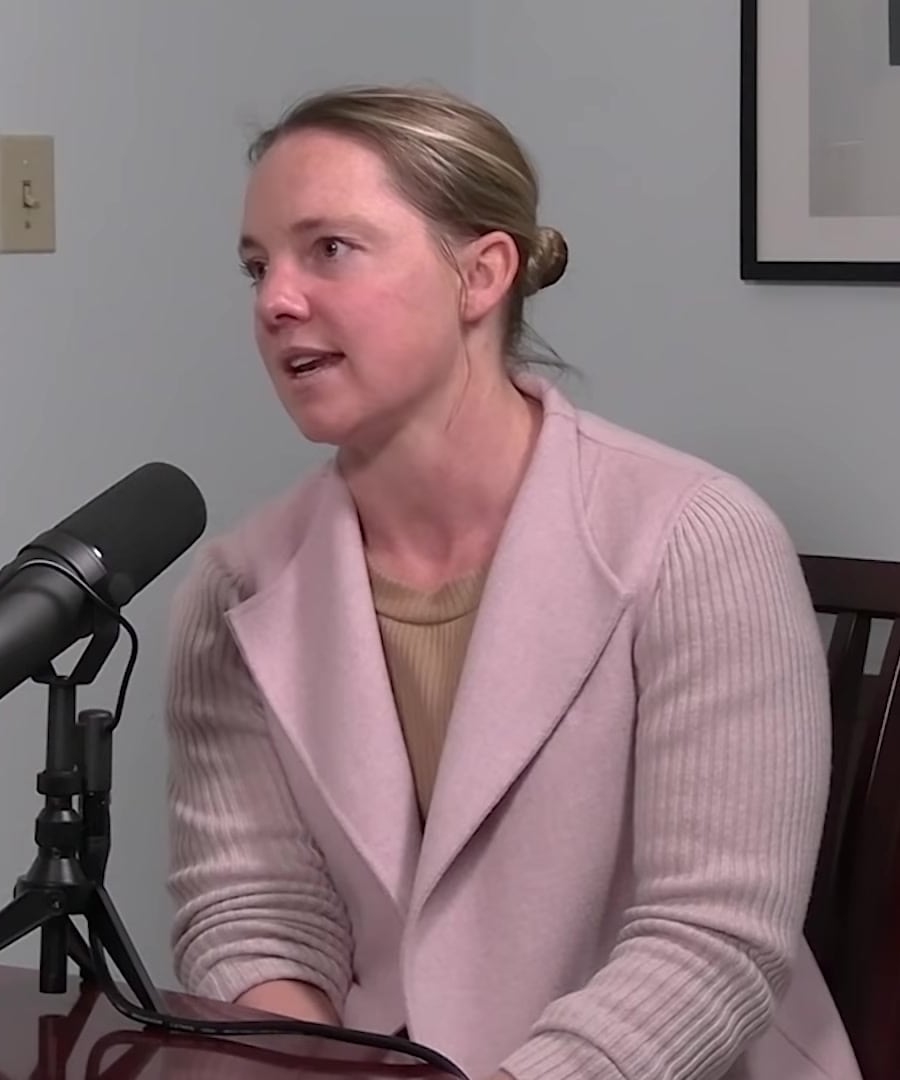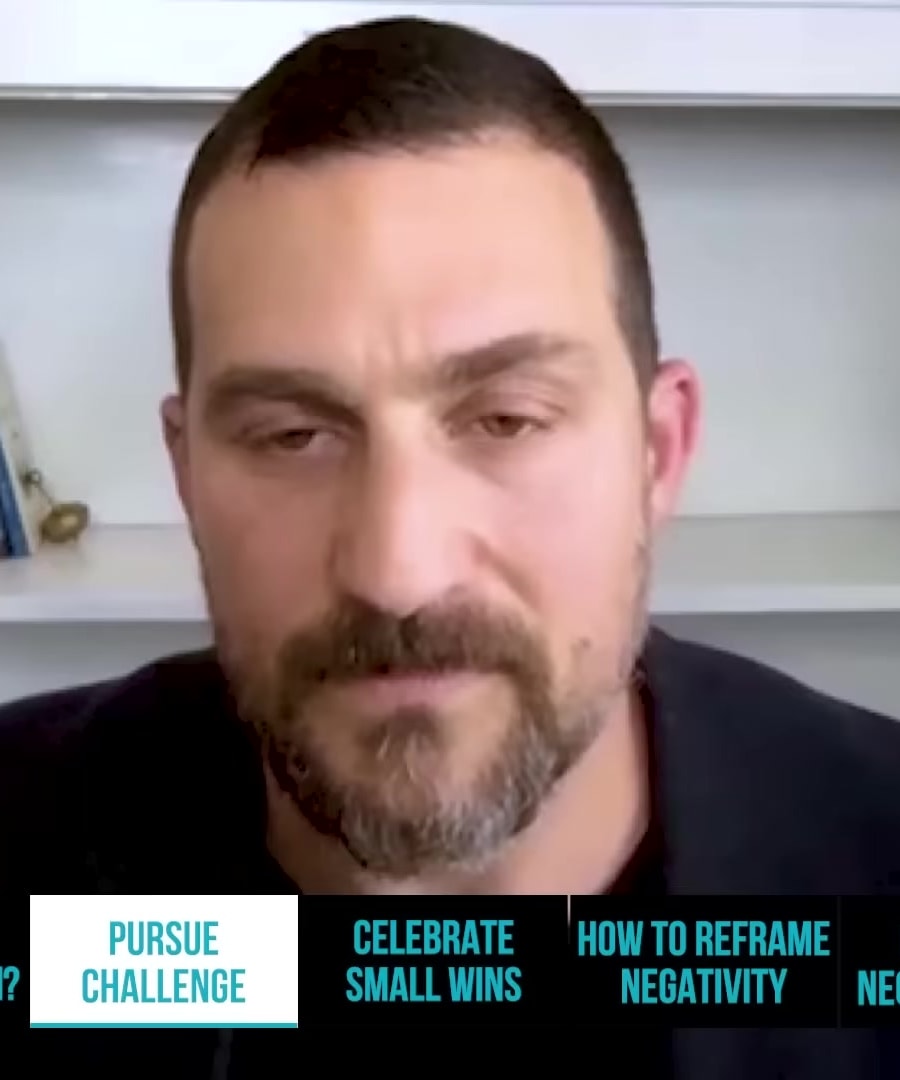Summarize Crum mindset
Sources:
Mindsets, as defined by Dr. Alia Crum and discussed on the podcast, are core beliefs or assumptions we hold about a domain or category that steer our expectations, explanations, and goals. These mindsets play a pivotal role in orienting our actions and thoughts, simplifying life by narrowing the considerations we need to engage with at any given time 1.
Specifically concerning stress, a mindset can dictate whether we perceive stress as debilitating and harmful or as something that can enhance performance and growth. This perception, in turn, affects our physiological and psychological responses to stress. Studies indicate that adopting a mindset that views stress as enhancing can improve health outcomes, well-being, and performance 2.
Dr. Crum's research also delves into how mindsets about exercise and food can significantly impact our physiological processes. For instance, believing that one's work is beneficial exercise led to actual health improvements in study participants and altered their physiological responses to food 3 4.
These mindsets exist at the intersection of our conscious and subconscious processes, functioning as a default setting that influences our bodily responses to various stimuli. Understanding and potentially reprogramming these mindsets requires conscious effort but can lead to profound changes in how we experience and benefit from everyday activities 5.
In short, our mindsets are powerful interpretive tools that can transform how we engage with stress, exercise, and nutrition, having tangible effects on both our mental and physical health.
RELATED QUESTIONSHow can we change our mindsets?
Sources:
To change our mindsets, and emphasize several steps that can help in consciously and deliberately adopting more adaptive and beneficial ones:
-
Awareness of Mindsets: Recognize that we have mindsets that filter our perception of reality, and these are not an objective reflection of the world but are shaped by our interpretations and expectations 1.
-
Assessing Effects: Consider how our current mindsets impact our feelings and actions. Ask whether the mindset is enabling us to reach our desired outcomes or holding us back 1.
-
Determining Helpfulness: Rather than debating whether a mindset is right or wrong, focus on whether it is helpful or harmful. This approach allows us to prioritize mindsets that are constructive and beneficial 1.
-
Seeking Adaptive Mindsets: After identifying unhelpful mindsets, seek out and adopt more useful ones. For instance, instead of forcing certain behaviors, one might focus on fostering a positive and indulgent mindset towards healthy foods or stress, supporting the notion that stress is a natural and potentially beneficial part of life 2.
-
Acting Like a Scientist: Treat yourself like a scientist, experiment with different mindsets, monitor the effects, and adapt accordingly. It's important to remain flexible and not too rigidly attached to a particular mindset, as they are just one part of a larger puzzle 2.
Put simply, changing mindsets requires a practice of self-reflection and a willingness to adjust one's beliefs and attitudes in favor of more supportive and empowering ones.
RELATED QUESTIONS-
Summarize Dr. Alia Crum: Science of Mindsets for Health & Performance | Huberman Lab Podcast #56
In , converses with psychologist about the powerful role mindsets play in our health and performance. Here is a summary of the episode's key points:
-
Mindsets as Filters: Mindsets are explained to act as filters through which we perceive and interpret the world, guiding our behavior and physiological responses.
-
Mindset and Physiology: The episode looks at how mindsets can influence our physiological responses to food and exercise. A notable example is how labeling a milkshake as “indulgent” versus “healthy” can alter the body’s ghrelin response.
-
The Placebo Effect of Exercise: They discuss how the belief in the benefits of exercise can impact an individual's physiological responses to physical activity, serving as an exercise placebo.
-
Mindsets on Health and Sleep: The conversation covers how mindsets can affect our overall health and our sleep quality.
-
Stress Mindset Reappraisal: The importance of reframing one's perception of stress to harness it for positive outcomes is highlighted. This includes viewing stress as beneficial and adopting strategies to leverage stress.
-
Mindset Influence: They also explore how various factors shape our mindsets, including language, social influences, and how we talk about food and health.
-
Mindsets in Medical Contexts: The role of mindsets in medical treatments is covered, touching on how a positive mindset can potentially maximize the benefits of medical interventions.
-
Adaptive Mindsets: Finally, the episode offers insights on how to teach and cultivate adaptive mindsets to improve health, well-being, and performance.
Through exploration and discussion, the episode emphasizes the significance of becoming aware of one’s mindsets, understanding how they impact our lives, and applying methods to shift towards healthier, more adaptive mindsets.
RELATED QUESTIONS-
Steps to change mindset
Sources:
To cultivate an adaptive and more helpful mindset, in conversation with suggests several steps:
-
Awareness: Recognize that mindsets exist and that perceptions of the world are not an unfiltered reflection of reality; they are shaped by interpretations, expectations, and frameworks 1.
-
Effort and Attention: Focus on making action steps in the right direction and reward the effort process rather than the ultimate goal. This helps build the tendencies to engage in any challenging task 2.
-
Shift from Fixed to Growth Mindset: When an error is made, shift attention to understanding what led to the error. This process helps cultivate a growth mindset over time 3.
-
Instill Healthy Mindsets in Children: Focus on helping children adopt adaptive mindsets, such as viewing healthy foods as indulgent, stress as inevitable and helpful, and exercise as beneficial 4.
-
Evaluate Mindsets: Frequently assess the effects of mindsets on areas like exercise, food, school, relationships, and self. Determine if these mindsets serve you well 4.
-
Think Like a Scientist: Approach mindsets with curiosity. Observe how they impact life and change them consciously to more useful, adaptive, and empowering ones 4.
-
Understanding Neuroplasticity: Knowledge that the brain can change through deliberate and focused learning is key to embracing a growth mindset and actualizing personal growth and development 5.
Implementing these steps can help shift from potentially limiting perceptions to more empowering and constructive ones.
RELATED QUESTIONS-
Summarize Crum mindset
- RELATED QUESTIONS
How can we change our mindsets?
- RELATED QUESTIONS
Summarize Dr. Alia Crum: Science of Mindsets for Health & Performance | Huberman Lab Podcast #56
- RELATED QUESTIONS
Steps to change mindset
- RELATED QUESTIONS
